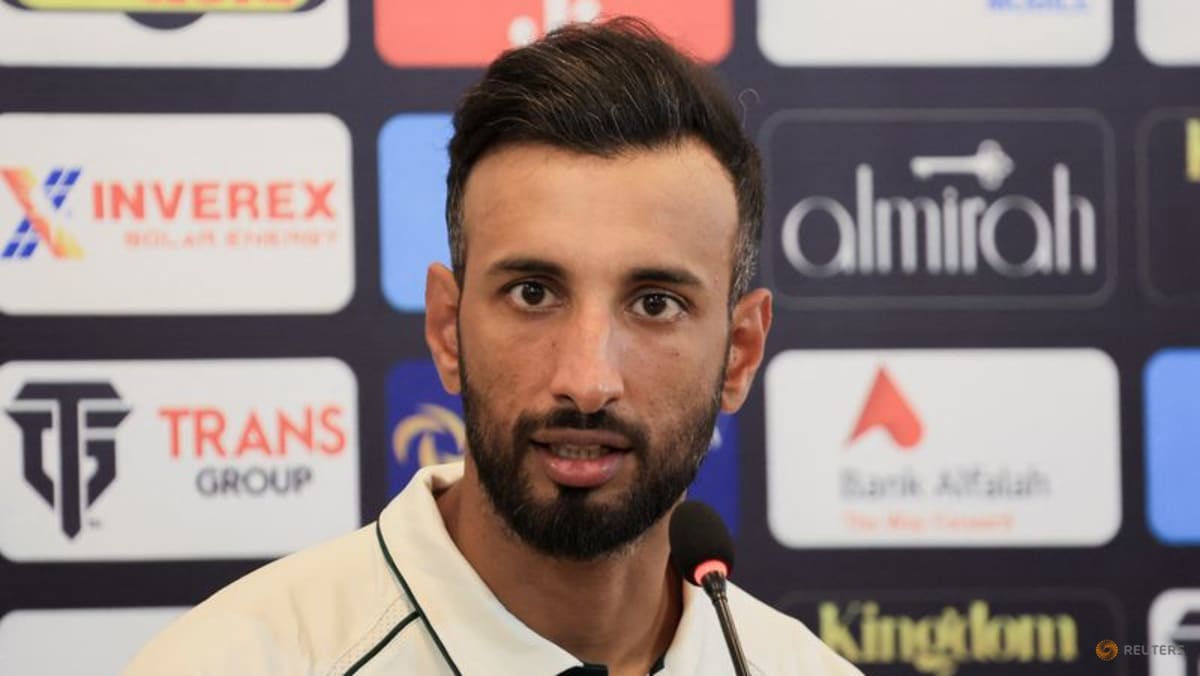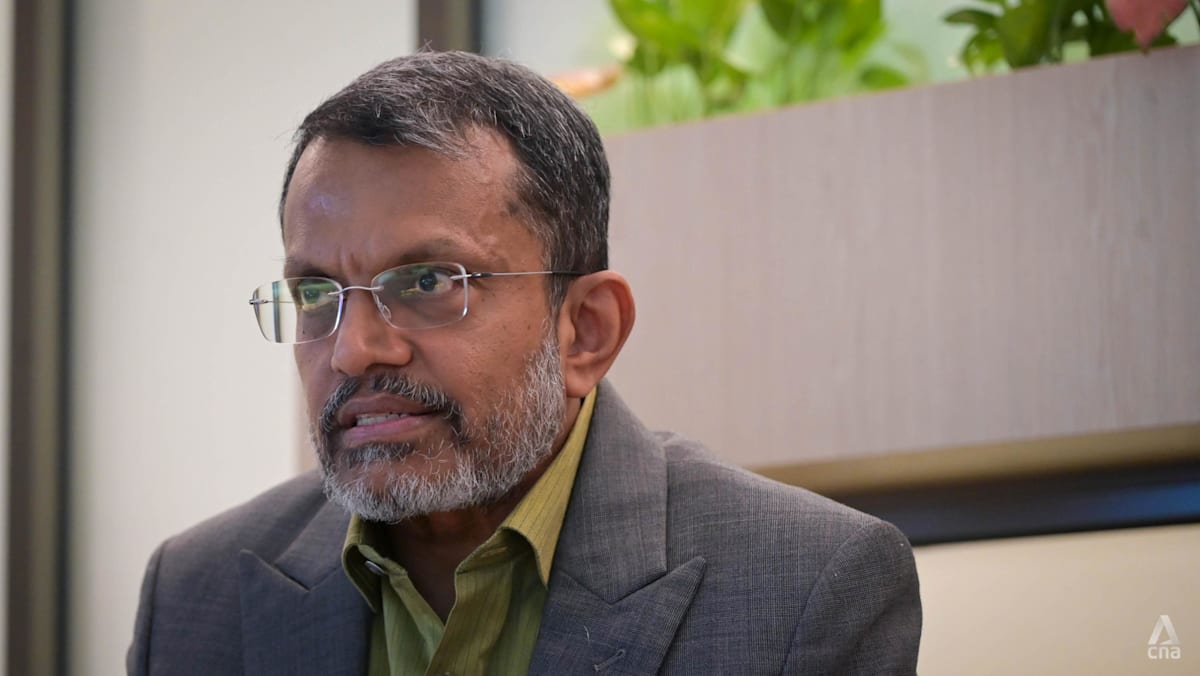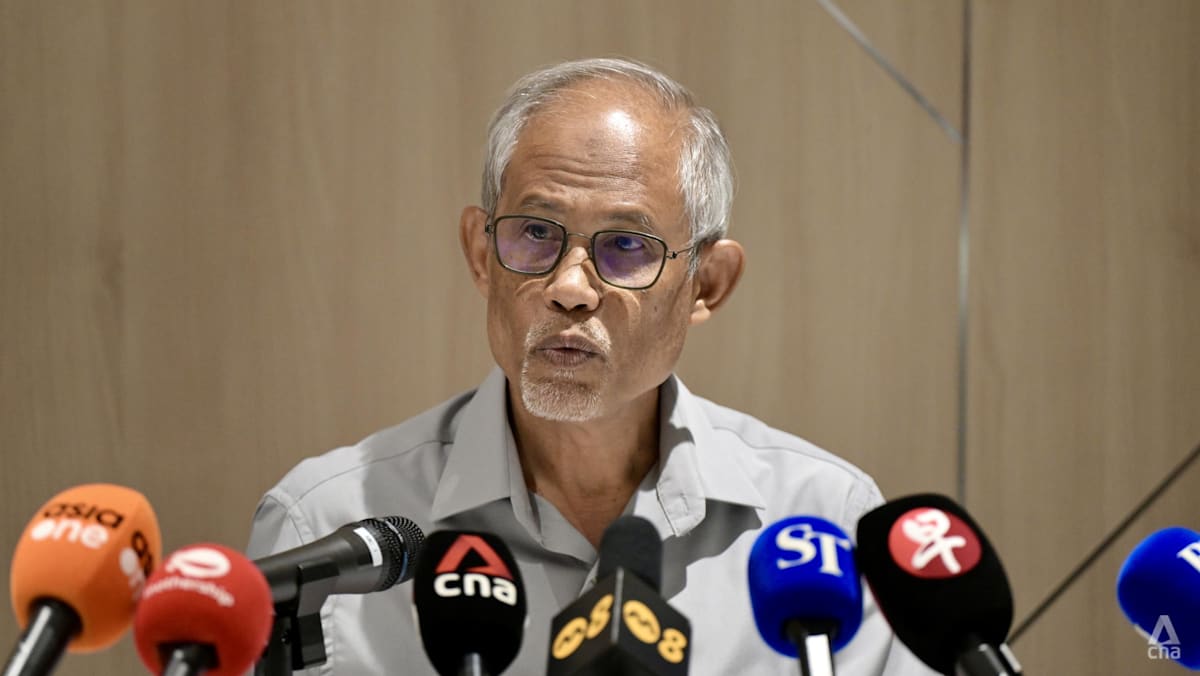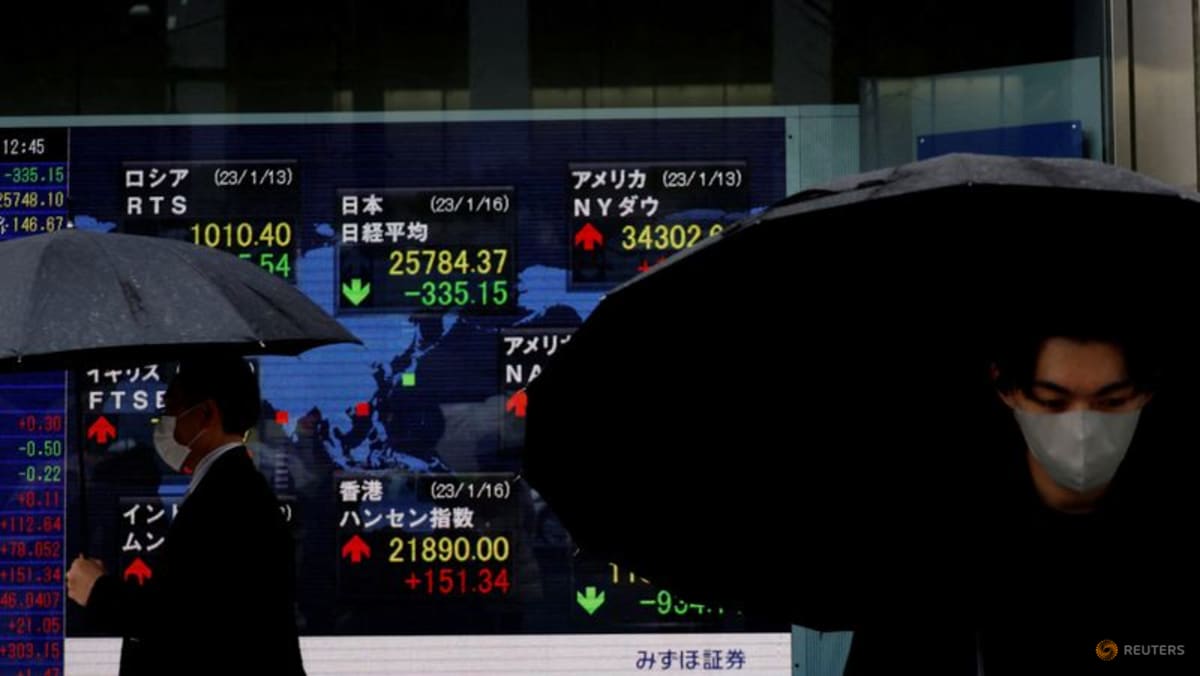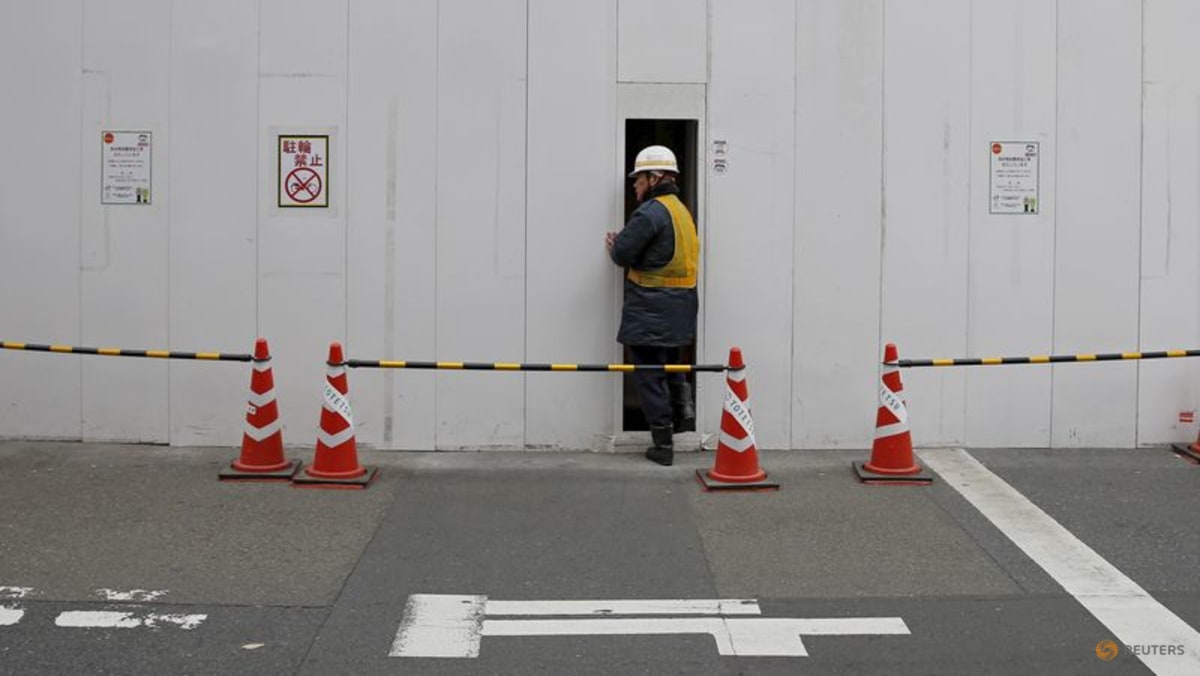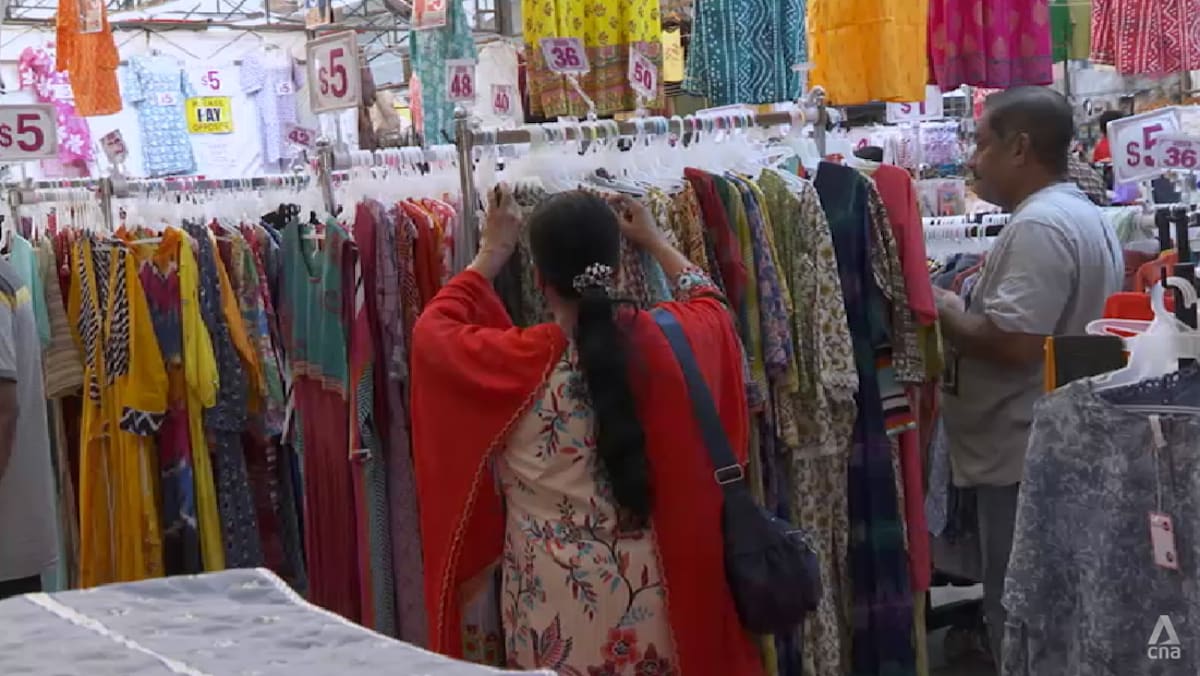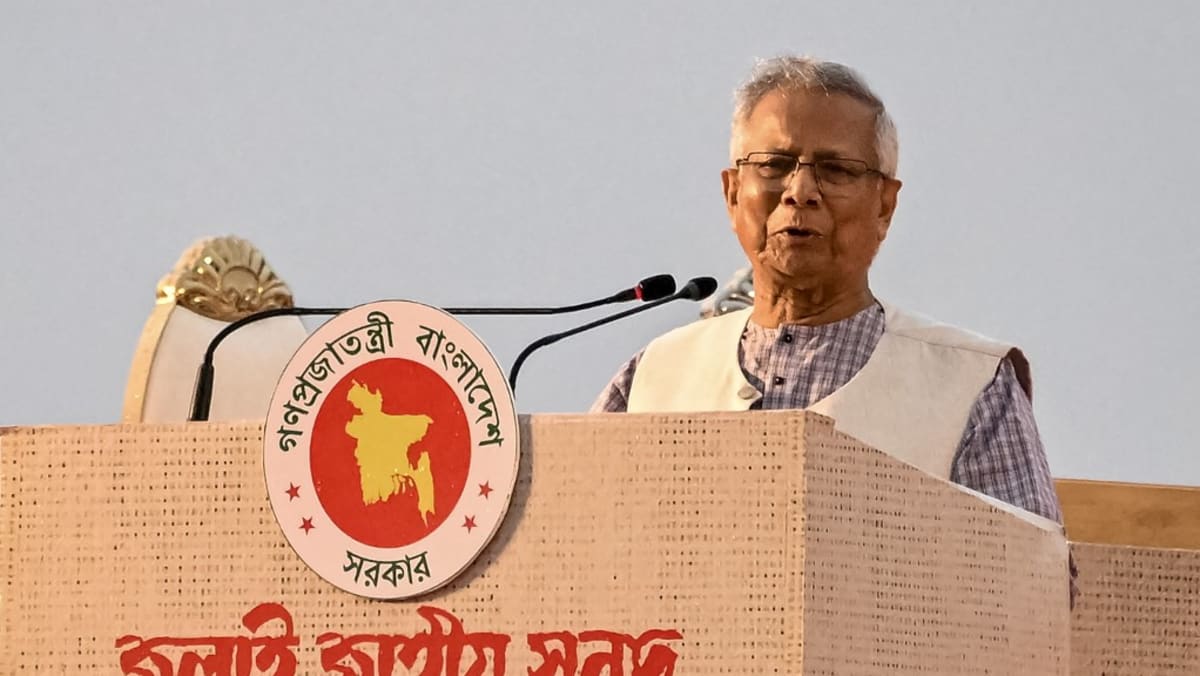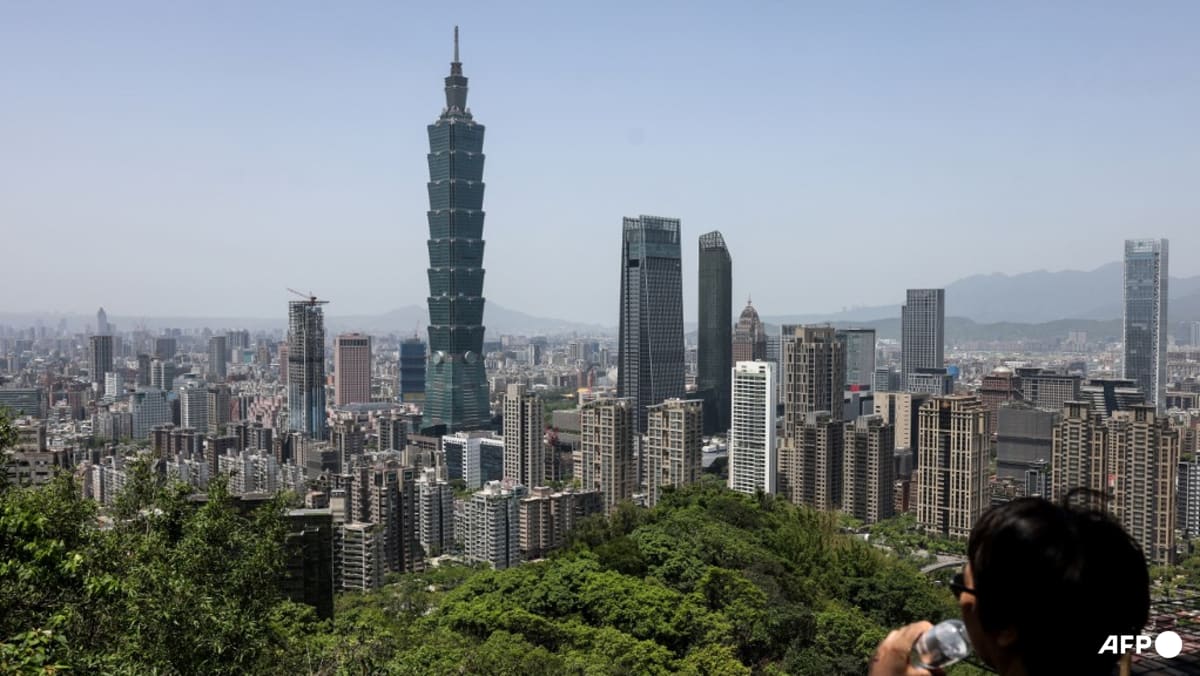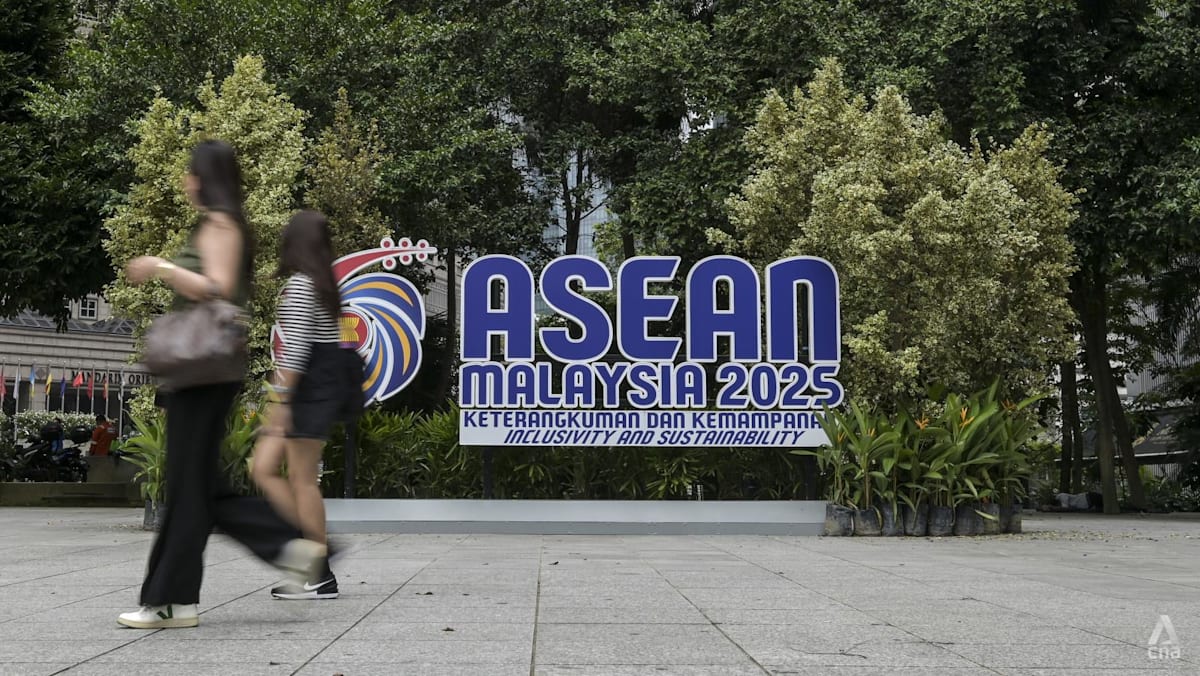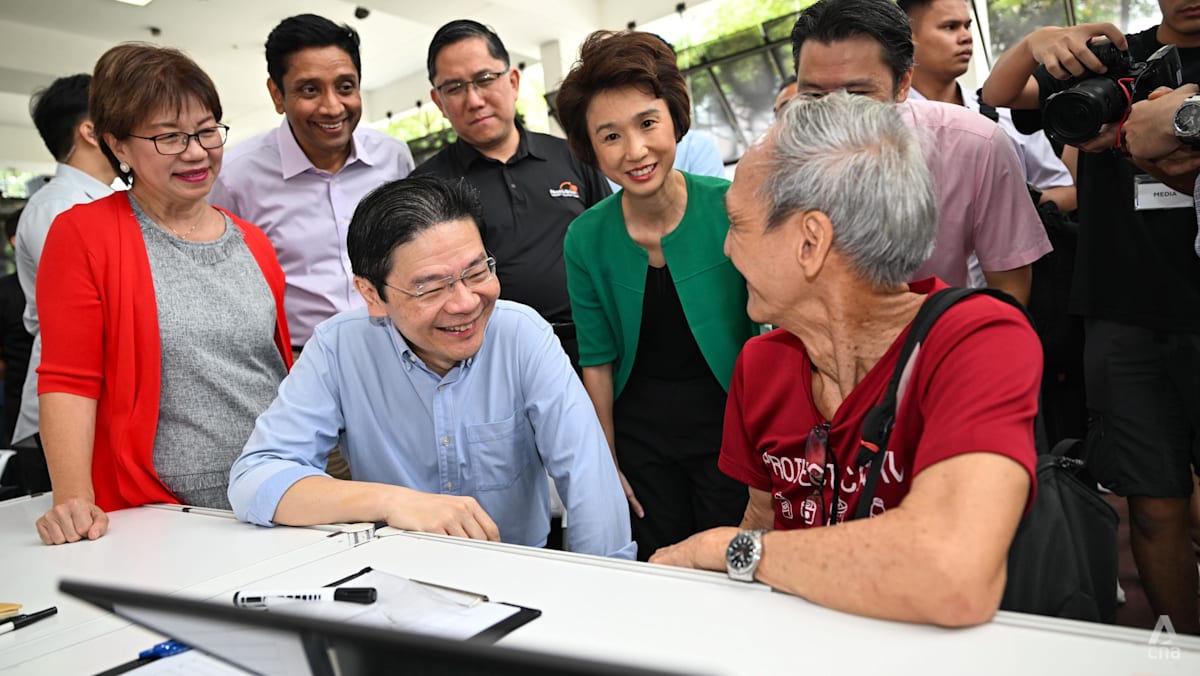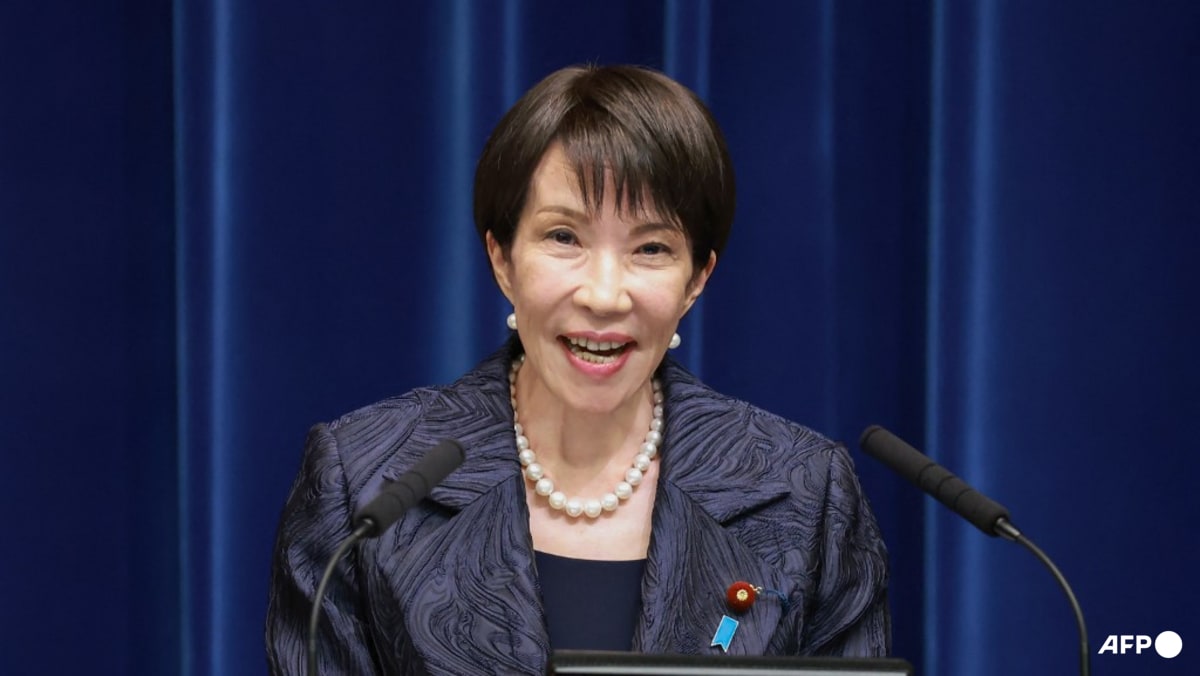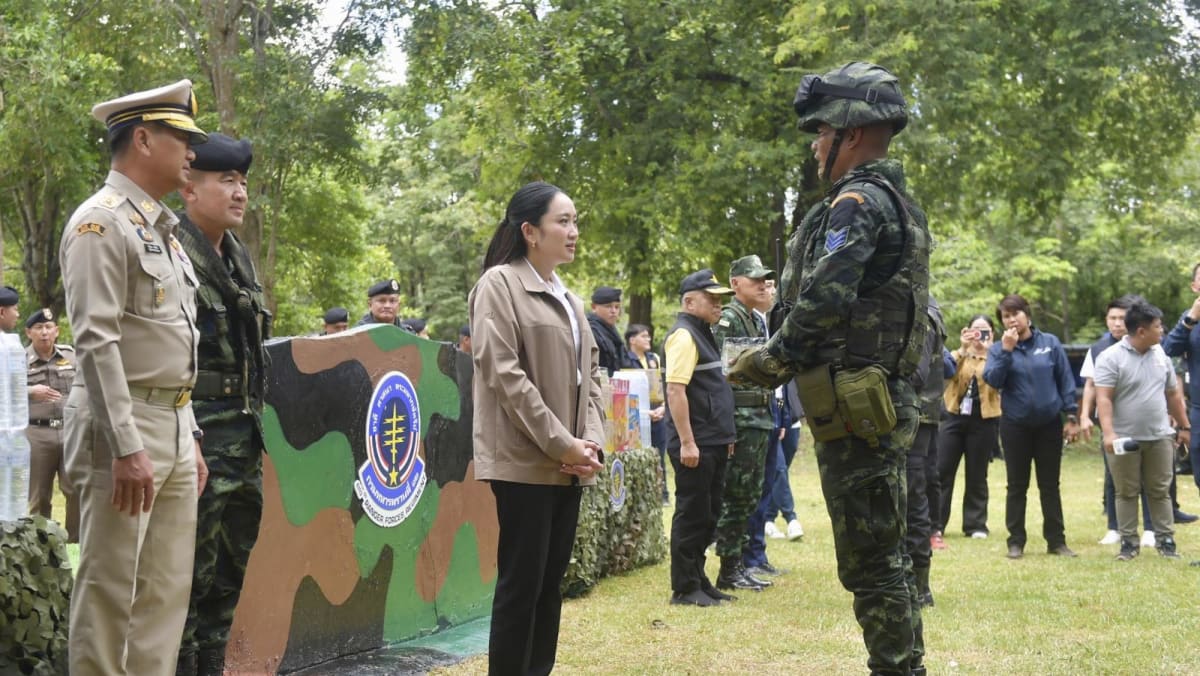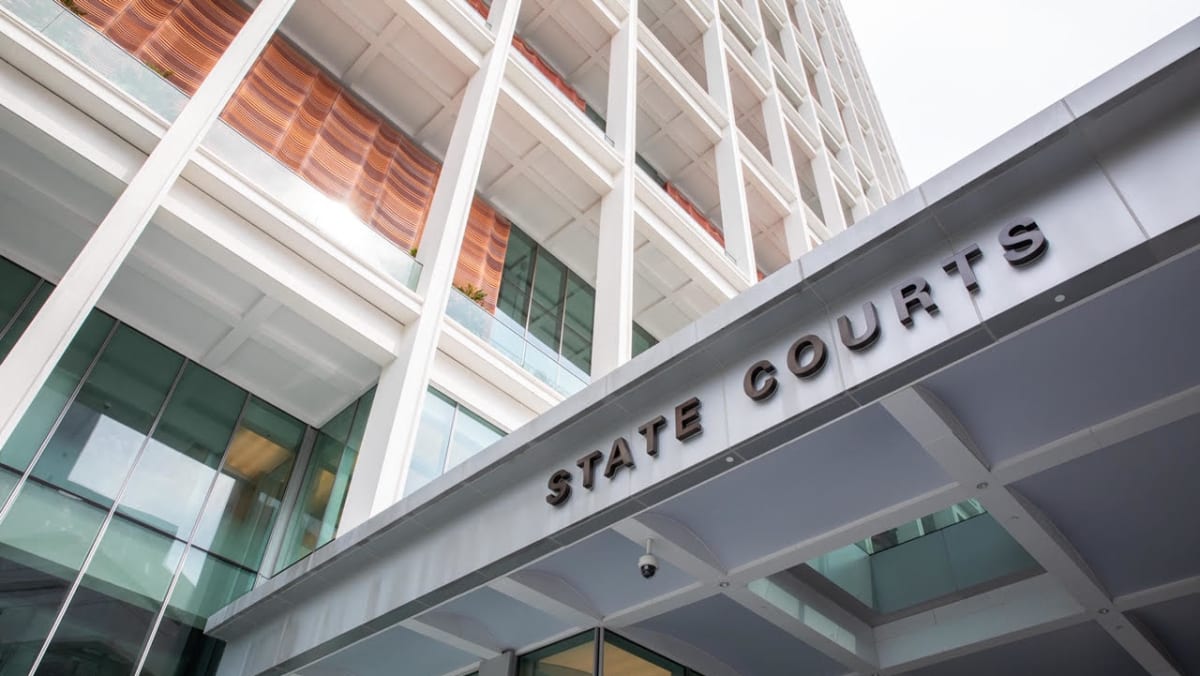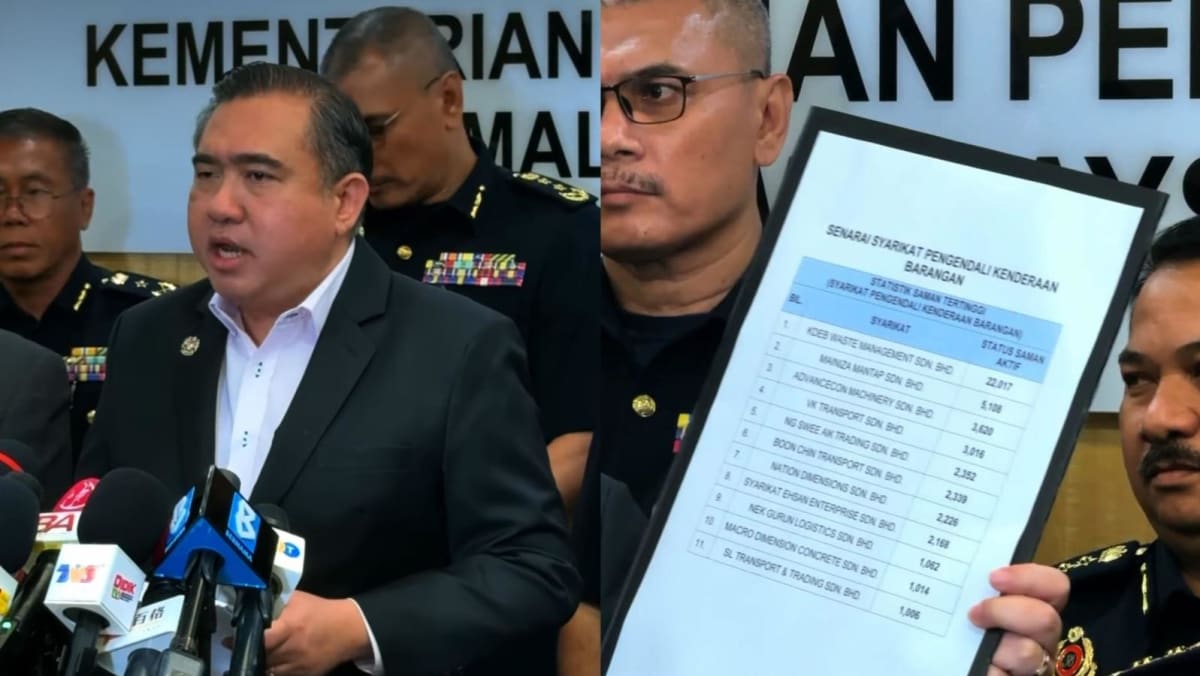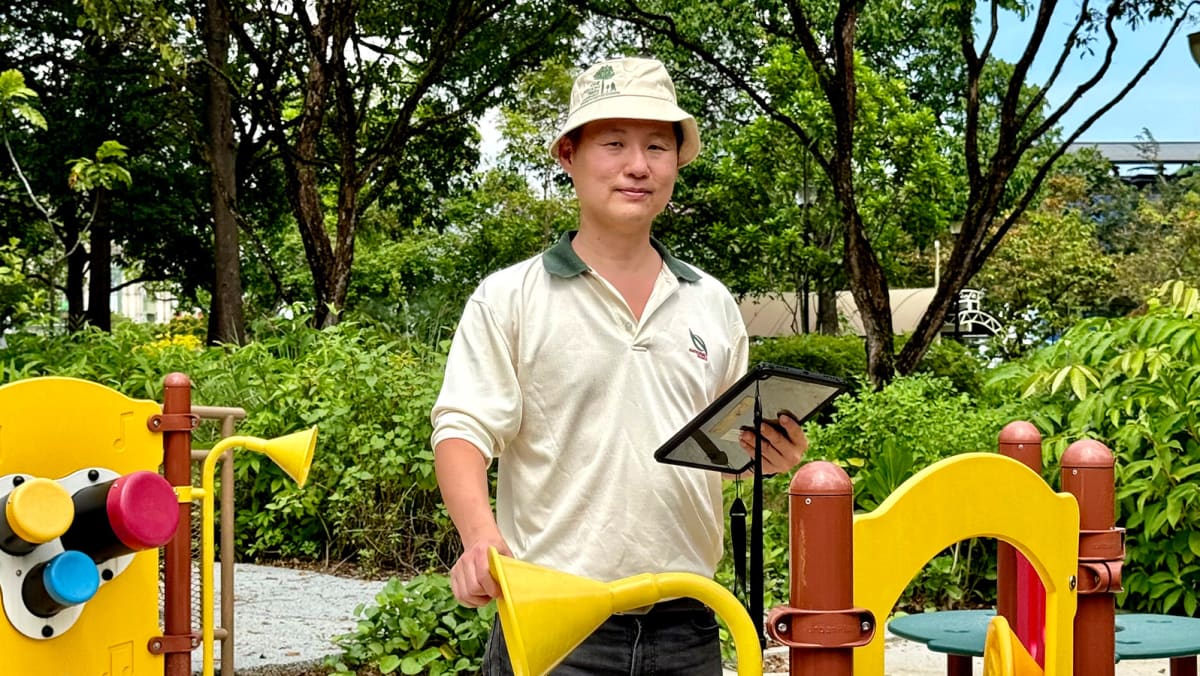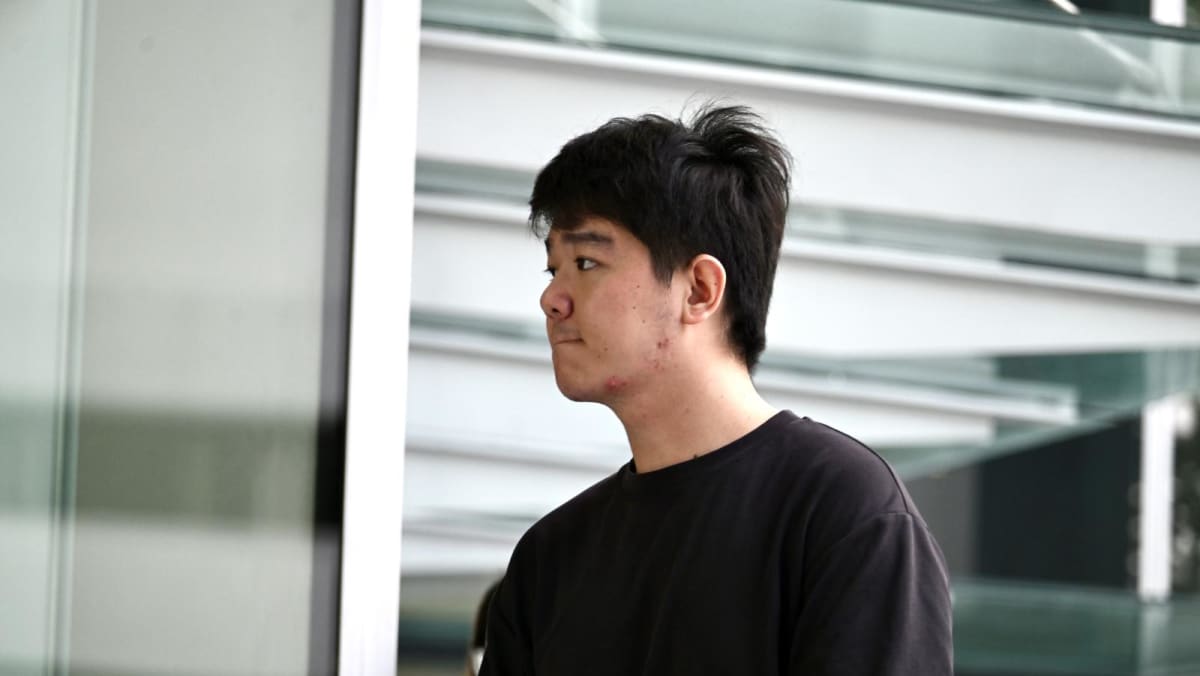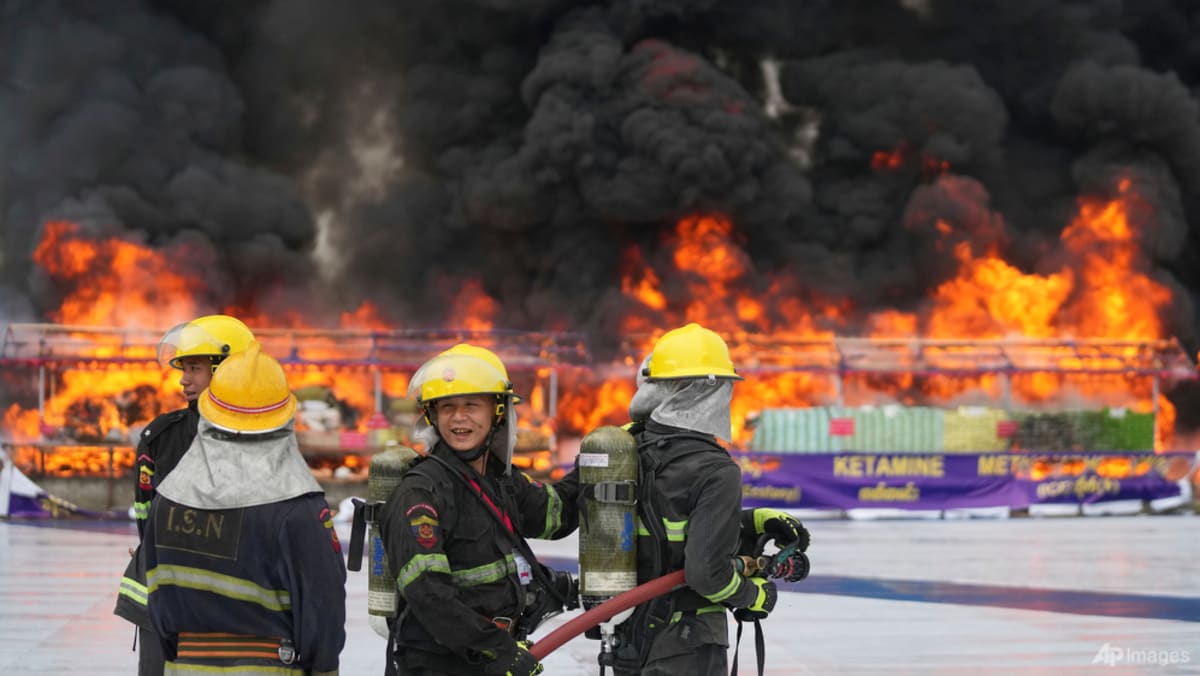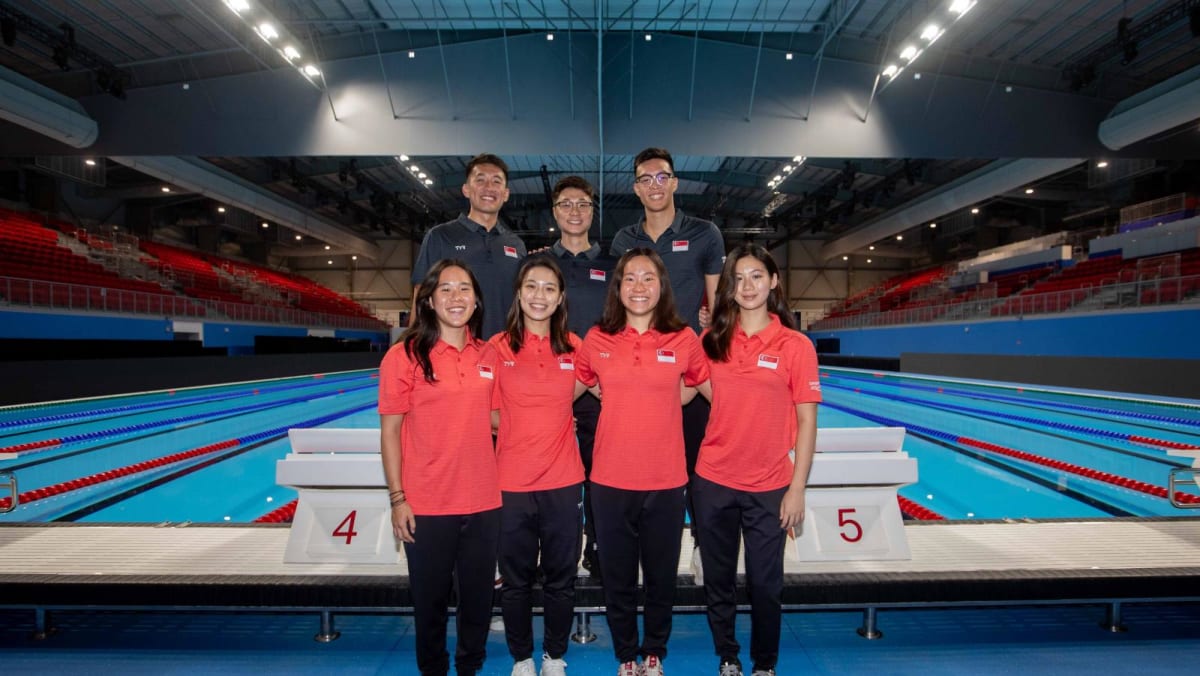SINGAPORE: More seamless and integrated services for citizens, better coordination across government agencies, and career development for public servants are key priorities of Singapore’s public service moving forward, said Coordinating Minister for Public Services Chan Chun Sing on Tuesday (Jul 8).
Speaking at the opening of this year’s Public Service Festival at One Punggol, Mr Chan said the public service now faces tighter constraints on manpower, budget and carbon emissions, alongside rising public expectations and intensifying global competition.
“As the Coordinating Minister for Public Services, my priority is to help build a public service where agencies come together, facilitate trade-offs and ensure timely decisions that translate into better experiences for both citizens and businesses,” said Mr Chan, who is also defence minister.
He was one of three coordinating ministers appointed by Prime Minister Lawrence Wong in the latest Cabinet reshuffle in May this year.
Mr Chan added that his personal key performance indicator is not the number of projects coordinated across public agencies, but instead how well everyone can adopt the whole-of-government approach and think beyond individual agencies.
“The less I need to intervene to coordinate, the prouder I am of our public service,” said Mr Chan.
On Tuesday, Mr Chan also presented 140 Public Sector Transformation awards to agencies and officers who have demonstrated exemplary efforts in service delivery, innovation and developing themselves and their teams.
INNOVATION AND COORDINATION
In his speech, Mr Chan emphasised the need for the public service to provide citizens with more seamless and integrated service as needs become more complex and interlinked.
He cited the example of someone visiting a doctor, whether in public or private practice.
"Nobody enjoys going to the doctor and having to be asked the same question over and over again. Everyone expects to tell the doctor once, and the records will be there to be shared across different agencies. And that is the same standards we expect across all agencies," he said.
One example of an integrated solution is ServiceSG, which brings together 600 services from over 25 agencies under one roof, eliminating the need for citizens to make multiple visits to different agencies.
Businesses have also benefited from platforms like GoBusiness, which lets businesses apply for licences seamlessly, while the Municipal Services Office coordinates responses to estate maintenance issues raised by residents, said Mr Chan.
Another priority of the public service is optimising resources at the whole-of-government level, said Mr Chan.
He cited the challenges in building integrated hubs like One Punggol and the Our Tampines Hub. There are typically many different considerations at play, including budget allocation and land use, but they are ultimately more efficient in the long run, he said.
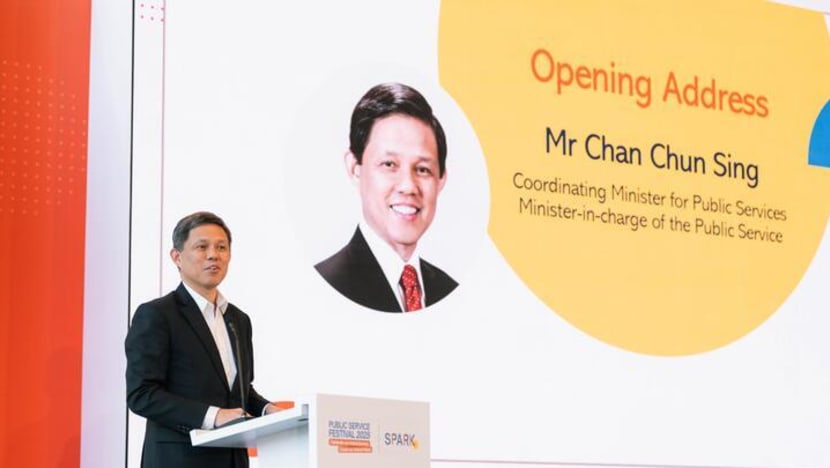 Coordinating Minister for Public Services Chan Chun Sing speaking at the opening of this year’s Public Service Festival at One Punggol on Jul 8, 2025. (Photo: Public Service Division)
Coordinating Minister for Public Services Chan Chun Sing speaking at the opening of this year’s Public Service Festival at One Punggol on Jul 8, 2025. (Photo: Public Service Division)
DEVELOPING PEOPLE AND PROCESSES
Mr Chan also shared that a Career Fitness Movement was being launched to help public officers further their careers.
A new series of training programmes will be launched from this month to equip all individual officers with the skills and mindset to navigate across different career life stages, he said.
To build stronger leadership teams, the public service is scaling up the use of 360 feedback, and also bringing together officers with deep domain expertise and those with broad policy experience to create diverse teams.
“This intentional mixing of perspectives helps us spot blind spots and develop more robust solutions,” said Mr Chan.
Experienced public officers will also be equipped with foundational career coaching skills and tools to provide personalised guidance to fellow officers at every career stage, added Mr Chan.
Officers will also have better ownership of their own development and careers, through new systems and processes, said Mr Chan.
For instance, the One Talent Gateway platform will be scaled to most of the public service by the end of this year. The platform helps officers identify their competency gaps and explore career development opportunities, including beyond the public service.
“Last year alone, over 5,000 officers participated in short-term attachments, gigs, and job rotations. Another 1,200 officers developed skills while doing good through the Public Service For Good movement,” said Mr Chan.
These efforts ensure that Singapore’s public service “remains dynamic, resilient, and ready for tomorrow's challenges”, he said.
Emphasising the role individuals play in transforming organisations, Mr Chan said that leaders must create environments where innovation flourishes and teams thrive.
"I hope all our leaders and supervisors will embrace this spirit, and I hope that we will also embrace the leadership opportunity for us to take care of our people and to help them grow in their roles, individually in the agencies and collectively as a whole of government," said Mr Chan.
TODAY’S CHALLENGES
Mr Chan noted that among the key challenges moving forward is tightening constraints in manpower, budget and carbon emissions.
By 2030, one in four Singaporeans will be over 65, up from one in 40 in 1965, he said. “This ageing will more than triple our healthcare spending from what we spent just 10 years ago in 2015, and this will tighten our fiscal space considerably,” he said.
Climate change has also introduced carbon budget as a new constraint to manage, and these interconnected limitations need holistic solutions, said Mr Chan.
Public expectations are also rising today, he said.
“I'm quite sure if we flip up our phones to order a meal through one of the delivery platforms, we will be able to do so within a few minutes. This is what Singaporeans have got used to," said Mr Chan.
"This is what they have achieved in the commercial sector. And when Singaporeans transact with the government and when Singaporeans use government services, they expect no less, if not better."
Mr Chan added that Singaporeans these days also want to be partners in shaping policy solutions.
The minister noted that the Singapore public service will be benchmarked not just by how well it has done compared to the past, but also how well it performs compared to other countries.
"We must also be honest with ourselves that there are many jurisdictions in different fields that have perhaps overtaken us in certain areas, and there are many things that we can learn from them," he said.
He cited the examples of Estonia becoming the first country to fully digitise its government services, and China serving its more than a billion citizens with artificial intelligence-powered services.
Warning against complacency, Mr Chan said the challenges also serve as calls to action to continue with what has been done well, while improving to stay ahead of the competition.
This is so that Singapore and Singaporeans can get "the best chance to attract those investments that will create good jobs and pay good wages for our people", he said.

